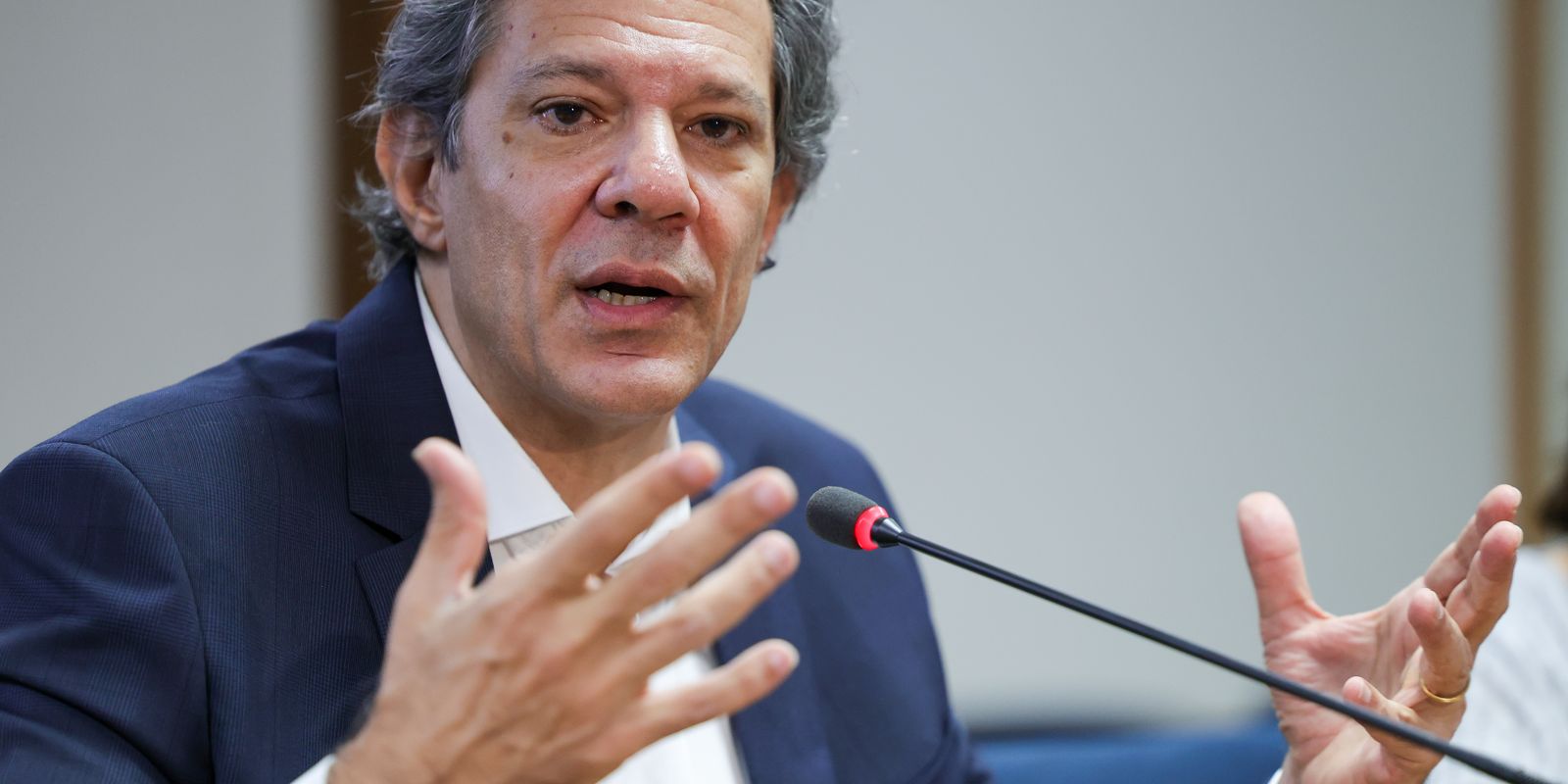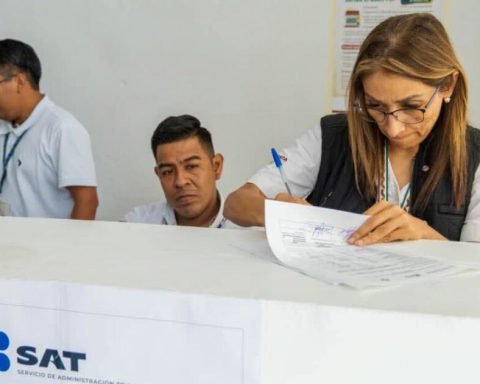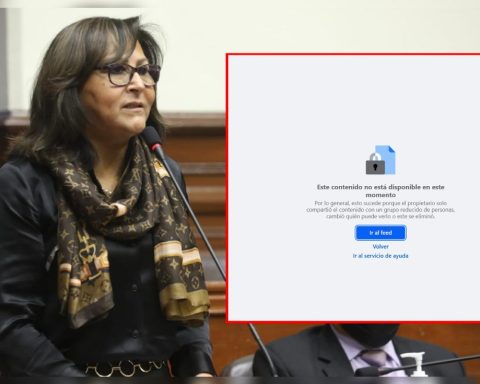The Minister of Finance, Fernando Haddad, denied on Monday (30) that state-owned companies had recorded a record deficit. He addressed the issue hours after the Central Bank released a survey that showed a deficit of R$6.04 billion from January to November this year, involving 13 state-owned companies not dependent on the Treasury. It is the highest value for the period already recorded in the historical series, starting in 2002.
Haddad recommended that the clarifications provided by the Ministry of Management and Innovation in Public Services (MGI) be observed. He disputed the claim that companies recorded a deficit. “It’s not true. Sometimes, state-owned companies’ accounting is not the same as public accounting. So, when you make investments, sometimes it appears as a deficit, which it is not,” said Haddad.
The Minister of Management and Innovation in Public Services, Esther Dweck, had already defended that the assessment of the financial health of state-owned companies be made based on business accounting. For her, the methodology used by the Central Bank is no longer suitable for a better understanding of the scenario.
“The result of the Central Bank is calculated monthly, and it only takes into account revenues and expenses for that year”, said the minister, also this Monday (30), during the presentation of the general lines of the new Provisional Measure (MP) that deals with salaries of federal employees, careers and positions. According to Dweck, many companies have made investments with resources accumulated from previous years that were in cash and, therefore, the deficit found does not constitute a loss.
The minister highlighted that, of the 13 companies listed in the Central Bank’s investigation, nine of them recorded a profit. She mentions that, as a result, high dividends were even paid to shareholders.
“State-owned companies must be evaluated based on the results of business accounting. In business accounting, yes, you consider when it makes the investment. This expense is deferred over time, because it has an amortization period. It does not appear as a full expense in the year .”
According to Dweck, some of these state-owned companies received contributions from the Treasury in 2019 or 2020, which would have generated a surplus in their accounts in those years. The resources, however, would have remained in cash. This is because during Jair Bolsonaro’s government several state-owned companies were included in the National Privatization Plan. Consequently, they began to have restrictions on making investments.
“When we removed them from the National Privatization Plan, companies were able to make investment expenses again. This generates, from the accounting point of view of public accounting, a deficit result. But it does not mean that they have a loss.”
Dweck admitted, however, that there are three state-owned companies that recorded losses. Among them, he mentioned the Post Office.
“It is important to understand that the government is very attentive to the financial health of state-owned companies. It is no surprise that President Lula recently signed the decree for us to discuss the restructuring of state-owned companies so that we can improve their financial health.”
* Lucas Pordeus León collaborated

















